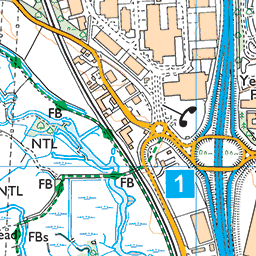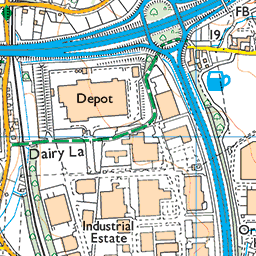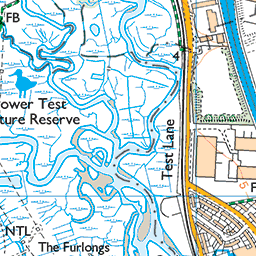Added to your Itinerary Planner below
Distance calculator
Map Filters
Customise your trip with our filters.
Map Filters

Toggle between the options below to show available markers.
General info Equestrian Info Cycling InfoAccommodation
Points of interest
Services
Routes
Accommodation
Points of interest
Transport
Accommodation
Points of interest
Transport


















The custom route elevation is created when you use the distance calculator (above) to draw a line.
The custom route elevation is created when you use the distance calculator to draw a line.

This scenic walk combined with history takes you from Hayles Fruit Farm where there are refreshments and the opportunity to pick fruit in season or purchase items from the farm shop. Ascend the escarpment along a track originally built by Cistercian monks before heading towards Beckbury Camp where little is known about the monument. The fields you pass through are mainly pasture, unchanged for decades.
- Distance: 3.5 miles
- Duration: 2.25 hours
- Difficulty: Moderate, some steep sections and two stiles
- Parking: Hayles Fruit Farm
- Public transport: Traveline: Cheltenham and Chipping Campden - bus stop 1 mile from start or 0.5 miles to point 4
- Refreshments: Hayles Fruit Farm Tea Room & Farm Shop; Hailes Abbey (hot & cold drinks)
Points of Interest:
- Beckbury Camp C19 limestone monument sits on the edge of a hillfort. Also known as ‘Cromwell’s Seat’ it allegedly marks the spot where Thomas Cromwell watched Hailes Abbey burn following the dissolution.
- Hailes Church - small country chapel where you can view wall-paintings of saints, coats of arms and hunting scenes.
- Hailes Abbey (Ruins) - a former Cistercian abbey, it was founded in 1246 as a daughter establishment of Beaulieu Abbey. The abbey was dissolved by Henry VIII in 1539. You can walk around the ruins, visit the small museum buy hot/cold drinks in the shop.
The pilgrims who financed this imposing abbey came in search of the renowned relic, 'the Holy Blood of Hailes.' Allegedly a phial of Christ's own blood, this was denounced at the Reformation as actually being honey coloured with saffron.



